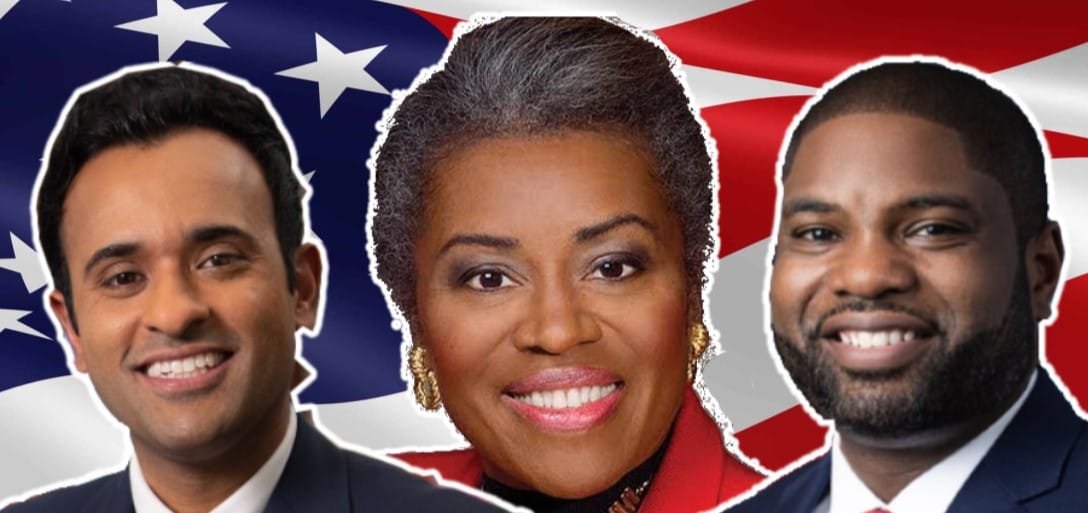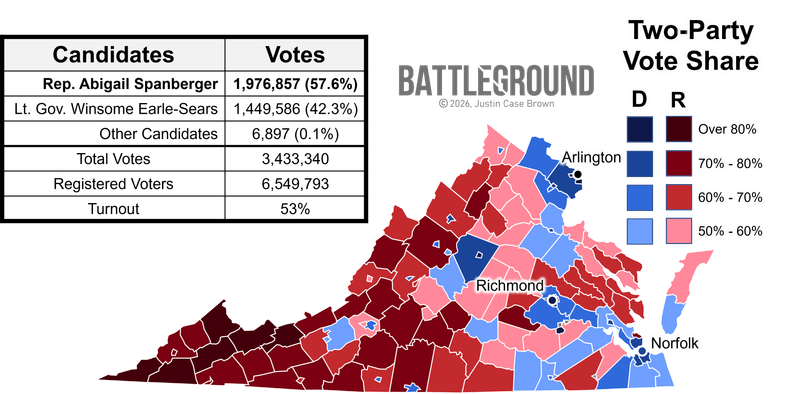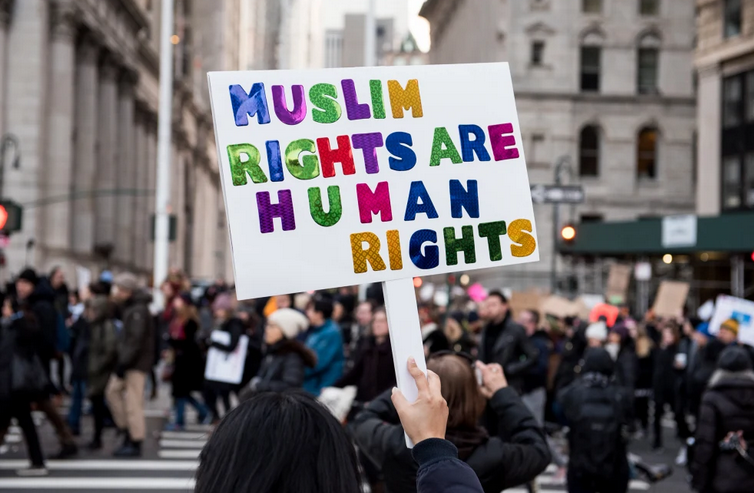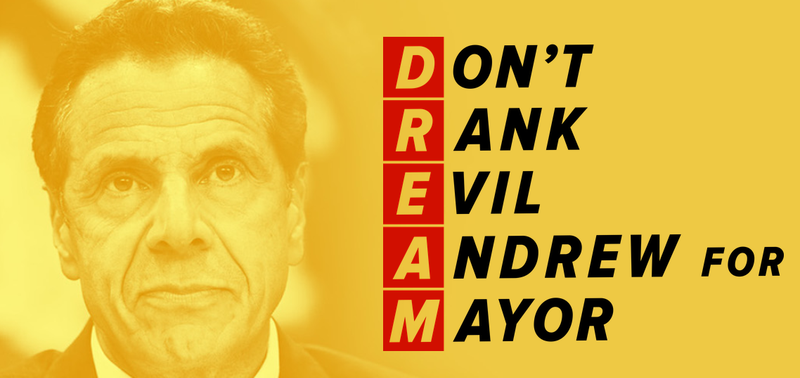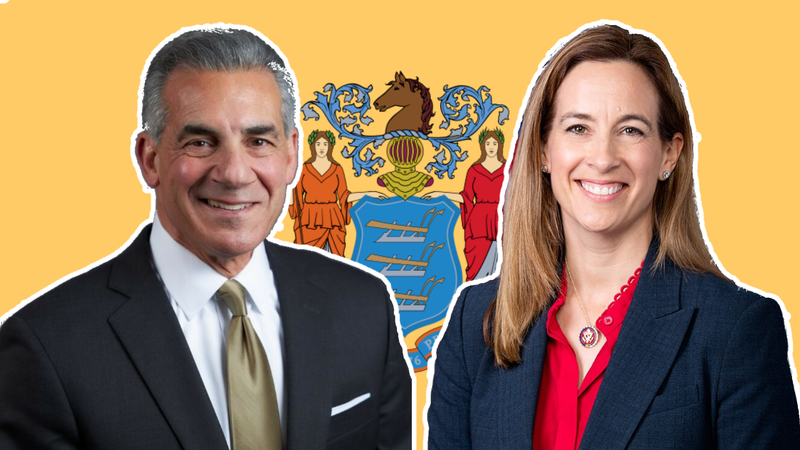After Bashing "DEI Hires", Can Nonwhite Republicans Win?
Republicans have primed their base to question the competency of nonwhite candidates by deeming them "DEI hires." But now the GOP is pushing their own diverse set of candidates. Can they win?
While the Trump era has successfully brought the Republican party back into power, the party hasn't been able to look itself in the mirror and reckon with the tactics that they used to gain power. Trump has empowered Republicans to rely on the politics of White grievance to propel their candidates forward. But in an effort to hide their racism, the party has continuously lifted up nonwhite candidates... to disastrous results. In the last two election cycles alone, Republicans have championed a Muslim doctor, a Black anti-abortion candidate (who allegedly paid for several abortions) and a self-proclaimed Black Nazi. All of them lost their races. Each of these candidates proved to be a bridge too far for voters who've been animated by campaigns railing against DEI, CRT and other racial appeals.
And yet Republicans still can't seem to learn their lesson. As Republican candidates declare their candidacies for upcoming elections in 2025 and 2026, yet again, the party is determined to push nonwhite candidates on their overwhelmingly white voting base. The worst part: these candidates are not incredibly strong and may only serve to reinforce Republican voters' prejudice against nonwhite leaders.
Virginia: Lt. Gov. Winsome Earle-Sears
Virginia's gubernatorial race is in the political spotlight as its an 'off-year' election that takes place this year, not in 2026. While the Republican primary won't be held until June 16, Lt. Gov. Winsome Earle-Sears is the de-facto nominee as no other candidates have filed to run against her. If she were to win the general election in November, she would become the first Black female governor in the nation.
Her problem: Black conservatives simply aren't winners, historically speaking. Only two Black Republican candidates have ever won an election for governor or US Senate in American history (and for the record, neither of them were women.) This demographic element to her candidacy is especially relevant when reckoning with the coalition Gov. Glenn Youngkin brought together to flip Virginia in the last election.
Youngkin's path to a win back in 2021 ran through the Whitest regions of Virginia. He succeeded by running up the numbers and sparking turnout along the state's mountainous, western border where most counties are 90% White or more. He also made significant inroads in southern Virginia suburbs around Richmond and the Hampton Roads region. He built this base by placing an intense focus on Critical Race Theory; effectively spooking both White moderates and conservatives with a racialized boogeyman that he argued must be slayed by conservatism. This approach produced a statistically significant result: correlation between support for Youngkin in 2021 and the white population in a given county was 0.8. This indicates a very strong, positive relationship between support for Youngkin and areas where White voters makeup large majorities.
This strategy simply won't work for Earle-Sears. (Trust me: she's already tried something like it with DEI.) Youngkin brought together deeply conservative voters who do not live around Black people with more moderate voters concerned about a perceived loss of privilege in the face of racial equality. He relied explicitly on juicing turnout amongst voters that simply won't resonate with Earle-Sears' identity. While Earle-Sears was able to ride Youngkin's coattails to a win back in 2021, this is mainly because she stayed quiet, allowing her to skate by as a largely unknown "R" buried down-ballot. Now that she's the face of the Republican campaign, many of these voters will not be able to overlook her race in the same way they were able to in the last election. Youngkin's deliberate use of CRT as a dog whistle attracted a coalition that deeply resonates with that rhetoric. Endorsing a Black gubernatorial candidate after such intentional work feels like spitting in the wind.
Even though it's still early, polling is already exposing the flaws of running Earle-Sears following such a racially focused campaign in 2021 as the Democratic frontrunner, Abigail Spanberger, has consistently polled ahead of Earle-Sears.
Florida: Rep. Byron Donalds
While it's not yet a done deal, Donald Trump has already endorsed Rep. Byron Donalds as the Republican nominee for governor to replace term-limited Gov. Ron DeSantis. (There's still a potentially contentious primary ahead as DeSantis's wife, Casey DeSantis has also expressed interest in a run for governor.) Should Donalds become the nominee in 2026, he will face challenges similar to Lt. Gov. Winsome Earle-Sears. He'll have to overcome the historical headwinds of being a Black conservative in a state that has its own obsession with rooting out CRT. But Donalds faces an additional challenge that Earle-Sears has already accomplished: he's only ever won local elections and has never been tested statewide.
Donalds has effectively served as a token for the Republican party to point to whenever they face accusations of racism. But the party is littered with similar examples in recent history (John James, Daniel Cameron, Herschel Walker), none of whom were successful in winning major elections due to their failure to consolidate Republican support. Meanwhile, Democrats are seizing upon the opening and are considering Black candidates of their own: the chair of Miami-Dade Democrats Shevrin Jones and Florida House minority leader Fentrice Driskell both have expressed interest in running. If Democrats do indeed run a Black candidate against Donalds, this could effectively erase the narrative that Republicans are desperately trying to establish in this race. While Florida has definitely flipped in Republicans' favor, picking Donalds as a nominee could risk Republicans' strong grip on the state as he's not well-suited to run for the governorship.
Ohio: Vivek Ramaswamy
I'll be honest, I still don't understand this pick... Vivek Ramaswamy is obviously thirsty for power in government, beginning with his failed run for president and most recently his very brief stint as head of DOGE. He's continuing that quest by declaring his candidacy in Ohio's upcoming governor's race. Both Donald Trump and the Ohio GOP have already endorsed Ramaswamy, effectively cementing him as the Republican frontrunner. But I'm stuck asking what voters are likely to ask themselves in 2026: what has Ramaswamy done for Ohio?
To be fair: Ramaswamy was born and raised in Cincinnati, Ohio. Though, he left the state for Harvard upon graduating high school in 2003. He ran businesses headquartered along the East coast for close to 20 years, and was not a registered voter in Ohio until November 2021. He's never held political office in Ohio, nor has he been a major player in any advocacy groups concerning local issues. This simply puts an even larger focus on his elite credentials since he doesn't have any Ohio-specific accomplishments to shift the conversation.
And yet again, there are issues surrounding his racial identity amongst Ohio's overwhelmingly White voting base. It's important to note that J.D. Vance was able to espouse anti-elite rhetoric despite having a clearly elite background similar to Ramaswamy's. The key difference between the two candidates is that JD Vance, a pudgy, middle-aged White man, looks like he's from Ohio. This deeply matters to conservative voters as when the Ohio GOP announced their endorsement of Ramaswamy, it was immediately met with racist and xenophobic comments. Commenters said they were "not voting for an Indian", labeled him an "anchor baby" (referring to his upbringing by immigrant parents), and even questioned his citizenship in saying that "we must not have foreigners in charge of our future." It's unclear how Ramaswamy will circumvent such attitudes, especially when even his personal life has been subject to racist attacks.
A Self-Fulfilling (Racist) Prophecy
By endorsing Ramaswamy, Donalds and Earle-Sears, Republicans are voluntarily picking the difficult path forward. After building coalitions with white supremacists, stoking fear of foreigners, and waging war against "DEI hires," Republicans are desperately trying to rehab their image with a slate of diverse gubernatorial candidates. But the party is likely to face a wake-up call with these elections. Polling has consistently shown that a majority of Republican voters believe in the "Great Replacement Theory:" the idea that White people are being replaced across society by immigrants and people of color. The party can't simply squash this idea in one election cycle (especially as members of their own party, including the president, continue to spread this falsehood.) In the meantime, these candidates may unfortunately have to endure racist backlash from the voters they're attempting to court. And if these candidates lose, they'll only stand to confirm the racist assumptions of their base: that nonwhite candidates are inherently unfit to lead our country.
Leftover Links
- For more examples of the failures of Black Republicans: take a look at Kentucky's recent gubernatorial election where Republican Attorney General Daniel Cameron lost in a state Trump won by 30 points.
